There is a right way and a wrong way to go about “fixing” the JCPOA, writes Bob Einhorn, and the Trump administration is pursuing an approach that would not only fail to remedy the deal’s shortcomings, but, if the president carries out his threat, would lead to its early demise. This piece originally appeared in The Hill.
In his announcement last Friday that he would once again keep the Iran nuclear deal alive by approving the necessary sanctions waivers, President Trump warned that, if the Europeans and the Congress do not agree within 120 days to “fix the deal’s disastrous flaws,” he would terminate it.
Even strong supporters of the deal (known as the Joint Comprehensive Plan of Action, or JCPOA) recognize that it has shortcomings that should be addressed. But there is a right way and a wrong way to go about “fixing” the JCPOA, and the Trump administration is pursuing an approach that would not only fail to remedy the deal’s shortcomings, but, if the president carries out his threat, would lead to its early demise.
The president’s position has been widely interpreted as seeking to revise the JCPOA itself. But administration officials know that, given vehement Iranian opposition to reopening the deal and European unwillingness to push for renegotiation, the JCPOA will remain unchanged.
Instead, the administration is demanding that the Europeans (in a “supplemental” agreement with the United States) and the Congress (in new legislation) commit themselves to the automatic re-imposition of sanctions suspended by the JCPOA and thus the termination of the deal, in the event that Iran engages in certain activities, including those that would not violate its JCPOA commitments.
Under the JCPOA’s “sunset” provisions, once key nuclear restrictions expire in years eight, 10 and 15, the Iranians are legally free to build up their uranium enrichment capability and thereby reduce the time it would take to produce nuclear weapons.
The JCPOA also does not bar them from developing and testing ballistic missiles. While JCPOA critics and supporters argue over whether these aspects of the deal were unwarranted concessions or necessary negotiating compromises, they can agree that they are deficiencies that ought to be rectified.
But seeking to hold the Iranians accountable for things they didn’t agree to in the negotiations—and threatening to blow up the agreement if Tehran fails to comply with new, unilaterally-imposed conditions—is unlikely to succeed.
In the first place, neither the Europeans nor the Congress are likely to agree to automatically re-impose JCPOA-suspended sanctions in the event of Iranian behavior that does not violate the nuclear deal.
The Europeans share U.S. concerns about the JCPOA’s sunset provisions and the absence of constraints on Iranian missile activities, and they profess a willingness to work with Washington to deal with those problems. But they will see the Trump administration’s approach as placing a time bomb under the JCPOA that would explode sooner or later.
In the Congress, 60 Senate votes, and therefore bipartisan support, would be required to adopt new legislation. But Sen. Ben Cardin (D-Md.), the senior Democrat on the Senate Foreign Relations Committee and a key participant in deliberations on a new Iran bill, has insisted that any new legislation have European approval and not put the JCPOA in jeopardy—conditions that would not be met by the president’s currently stated demands.
With the Europeans and Congress unwilling to meet the president’s demands (at least as articulated in the administration’s somewhat confusing rollout last Friday), the JCPOA will be terminated rather than fixed if President Trump follows through with his ultimatum, which hopefully he will be persuaded not to do.
But even in the unlikely event that the Europeans and Congress are browbeaten into doing the president’s bidding, the likelihood is low that it would have the desired impact on Iranian behavior.
The Trump administration apparently believes that the threat of automatically snapping back sanctions would deter Iran from engaging in activities that would be permitted by the JCPOA but inconsistent with new, unilaterally declared conditions.
The Iranians, however, would regard the threat as an unacceptable moving of the goalposts. There would be irresistible domestic pressures in Tehran to defy the United States, proceed with actions permitted by the JCPOA (such as ramping up enrichment capacity when restrictions expire), and place the onus on Washington for re-imposing sanctions and ending the deal.
There is a better way to overcome the JCPOA’s shortcomings. It is to work with the Europeans, Russians, Chinese and others to build on the JCPOA and discourage the Iranians, through a combination of pressures and incentives, from engaging in activities that threaten regional and international security.
It would involve persuading the Iranians that they are better off meeting legitimate reactor fuel requirements without pursuing a large-scale enrichment program. It would also involve relying on a combination of methods, including missile defenses, sanctions, export controls and Iranian restraints (e.g., capping missile range at 2000 kilometers), to reduce the threat from Iran’s missile program.
The United States has considerable leverage to reinforce the JCPOA in these ways. However, that leverage comes not from threatening to blow up the deal, but from the ability to mobilize strong international and domestic support for supplemental arrangements that serve the same goals the Trump administration is trying to achieve with its more confrontational approach.
Mobilizing that support and “fixing” the nuclear deal will depend on keeping the JCPOA in place; ensuring strict compliance; working closely with Republicans and Democrats at home and Europeans, Russians, Chinese and others abroad; waiting for a propitious time to press for key remedies (e.g., on the sunset provisions) and avoiding regular showdowns on the future of the agreement that only increase prospects for no deal rather than a better one.
The Brookings Institution is committed to quality, independence, and impact.
We are supported by a diverse array of funders. In line with our values and policies, each Brookings publication represents the sole views of its author(s).

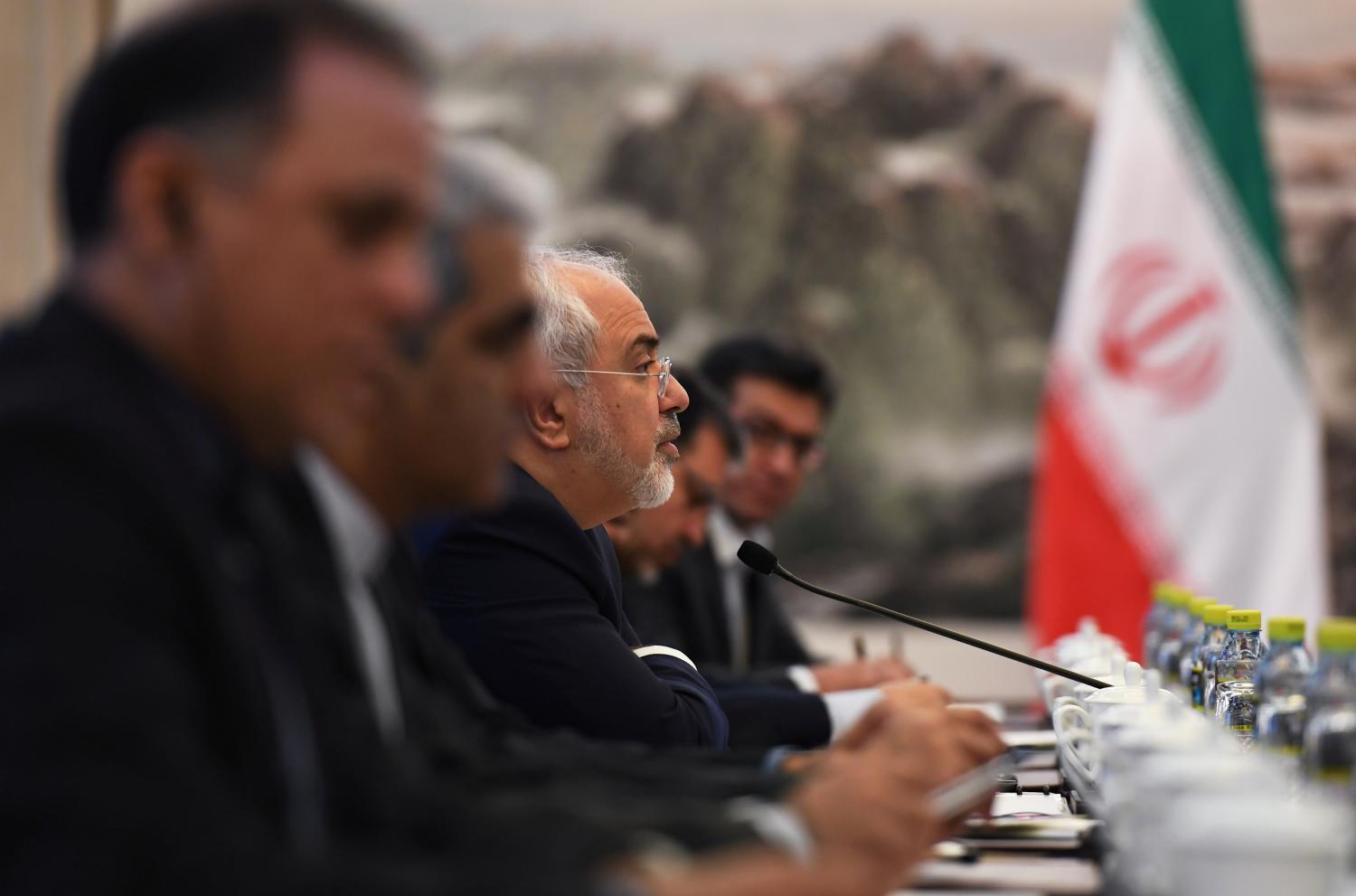
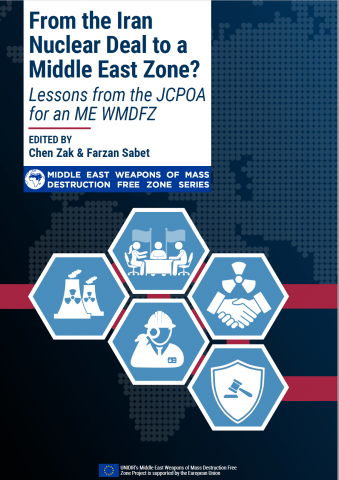
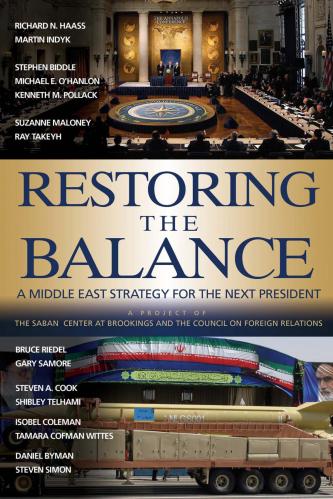
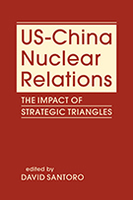
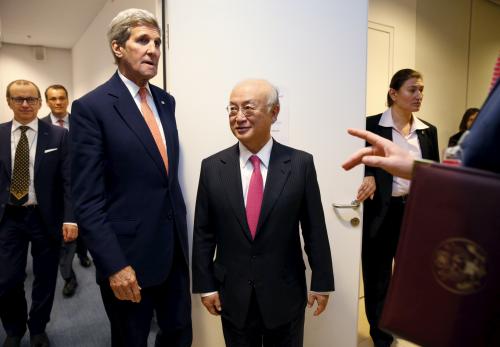
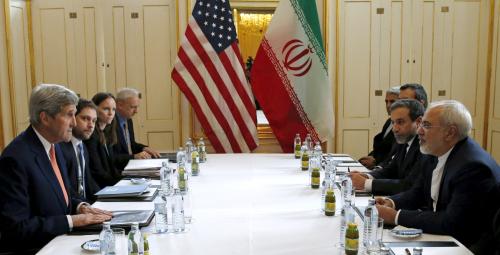
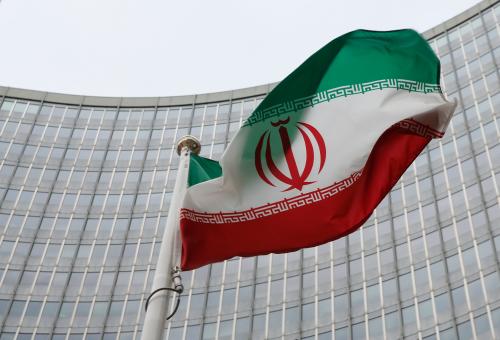




Commentary
“Fix” the Iran deal, but don’t move the goalposts
January 18, 2018